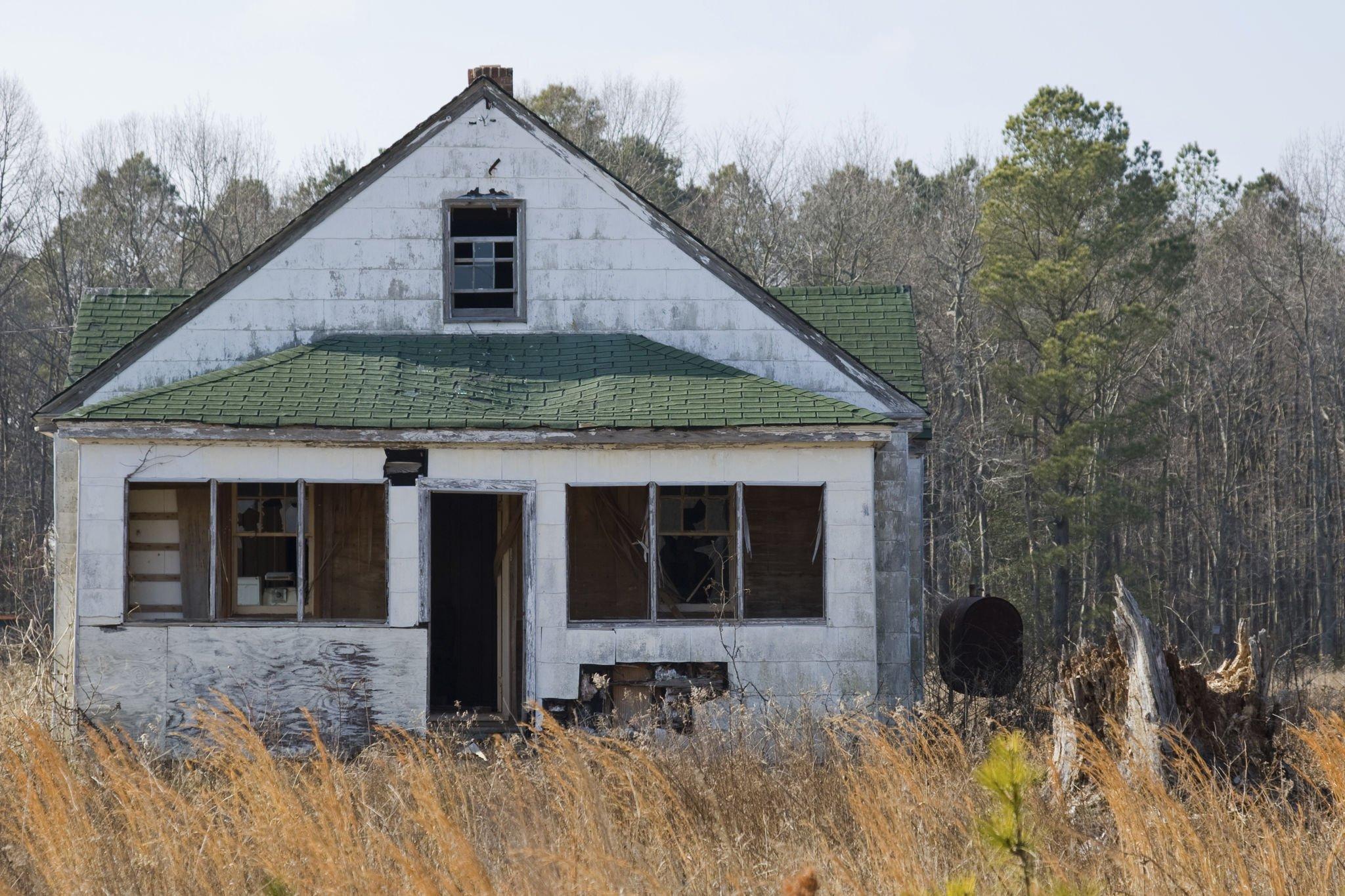
Buying a fixer-upper home can have several benefits, but it’s essential to be aware of the potential challenges and costs involved. Here are some of the advantages of buying a fixer-upper:
- Lower Purchase Price: Fixer-uppers are typically priced lower than comparable move-in-ready homes in the same area. This can be an attractive option for budget-conscious buyers.
- Customization: When you buy a fixer-upper, you have the opportunity to customize the home to your liking. You can choose the materials, finishes, and layout that suit your preferences and needs.
- Investment Potential: If you invest time and money wisely in renovations, a fixer-upper can appreciate in value. You may be able to build equity and potentially make a profit when you decide to sell.
- Personal Satisfaction: Many people find great satisfaction in transforming a run-down property into a beautiful, functional home. It can be a creative and rewarding endeavor.
- Neighborhood Choice: Buying a fixer-upper can allow you to purchase a home in a desirable neighborhood that might be otherwise unaffordable if it were move-in ready.
- Learning Experience: Renovating a fixer-upper can be a valuable learning experience. You’ll gain knowledge about construction, home improvement, and project management.
- Reduced Competition: Fewer buyers are interested in fixer-uppers due to the work and uncertainty involved. This can lead to less competition and potentially a better deal.
- Energy Efficiency: By updating older systems and appliances, you can make your home more energy-efficient and reduce long-term utility costs.
However, it’s crucial to consider the potential downsides as well:
- Renovation Costs: Renovations can be expensive, and it’s essential to budget for unexpected expenses that may arise during the process.
- Time and Effort: Renovating a fixer-upper requires a significant amount of time and effort. It can be stressful and may not be suitable for those with busy lifestyles.
- Uncertainty: Renovation projects can uncover hidden issues, such as structural problems or hidden damage, which can lead to additional costs.
- Financing Challenges: It can be more difficult to secure financing for a fixer-upper, as traditional lenders may be cautious about the property’s condition.
- Emotional Toll: The stress and strain of managing a renovation project can take an emotional toll, and not everyone is prepared for this aspect.
- Resale Value: While fixer-uppers have the potential for increased value, there’s no guarantee that you’ll recoup all your renovation expenses when you sell the property.
Before purchasing a fixer-upper, it’s essential to conduct a thorough inspection, create a realistic budget, and have a clear renovation plan in place. Consider your own skills, the scope of work required, and your tolerance for inconvenience and uncertainty. It’s often a good idea to consult with real estate professionals and contractors to make informed decisions about whether a fixer-upper is the right choice for you.

